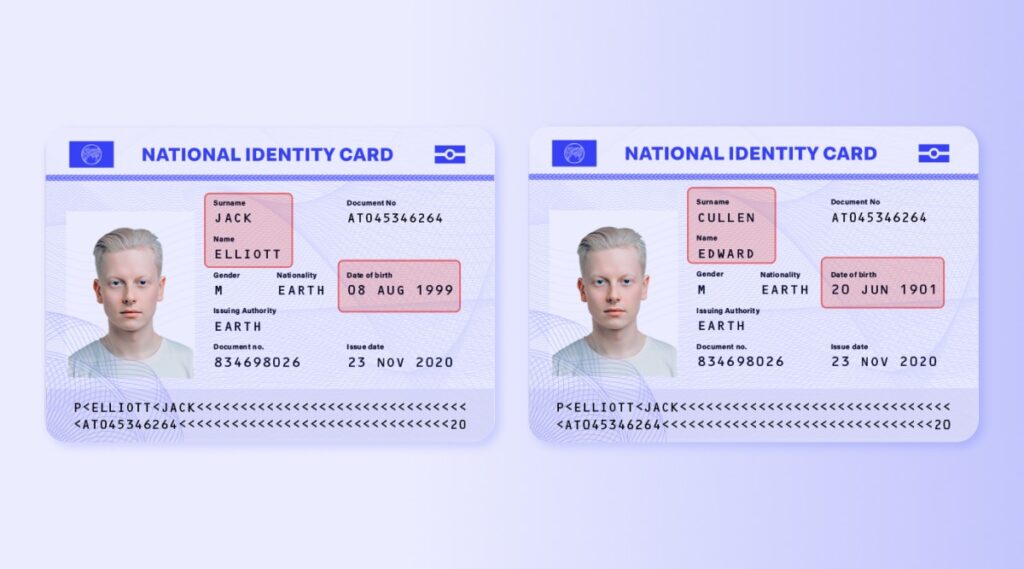People are being warned to stay vigilant as a new wave of WhatsApp scams has surfaced, targeting unsuspecting users. Fraudsters are using WhatsApp to impersonate loved ones in a bid to steal money. Action Fraud, the UK’s national fraud reporting service, has issued a fresh alert about these “friend in need” scams, urging people to be cautious.
The “Friend in Need” WhatsApp Scam
The “friend in need” scam involves fraudsters pretending to be a friend or family member with a lost or damaged phone. The fraudster will claim they are using a temporary number and urgently need money for an emergency. Often, they will ask for funds to cover “urgent” expenses, hoping the victim will respond quickly and without suspicion.
While this tactic has been around for some time, fraudsters are becoming more sophisticated. Some are even using artificial intelligence (AI) to mimic the voice of a loved one. This new development makes it harder to distinguish between genuine calls and deceptive schemes, adding an extra layer of risk.
Fake Text Messages
In addition to WhatsApp scams, fraudsters are using text messages to pose as government agencies like the Department for Work and Pensions (DWP). These fake messages claim recipients are eligible for a “living subsidy” and include a link to apply. However, the “living subsidy” benefit doesn’t exist, and the DWP would never send a message with vague language or exclamation marks, which are telltale signs of a scam.
If you receive a message about an unfamiliar benefit or government offer, do not click on any links. Instead, the information can be verified by checking official government websites. Staying informed and cautious is critical in maintaining fraud awareness.
WhatsApp and Text Scams
Fraud prevention starts with recognising the warning signs. Here are some steps to help protect yourself from WhatsApp and text scams:
- Double-check the sender: If you receive a message from a friend or family member asking for money, confirm their identity. Call them on a known number to ensure it’s genuinely them.
- Avoid clicking unknown links: Fraudsters often use links to direct victims to fake websites designed to steal personal information or install malware.
- Report suspicious messages: WhatsApp allows you to report suspicious contacts directly. Press and hold the message, select “Report,” and follow the instructions to flag the user.
- Consult official sources: Verify any claims of government benefits or financial support by checking official government websites or contacting the relevant agency directly.
The Growing Scale of Fraud
A recent survey conducted by Citizens Advice highlights the alarming scale of financial scams across the UK. According to the charity, 20% of people in the UK fell victim to scams in the past year alone. The survey, conducted by Savanta, revealed that common scams, including fake pension schemes, fraudulent investment opportunities, and phishing schemes, have impacted over nine million people.
Among the 2,100 respondents surveyed, two-fifths of scam victims reported that they had to take on additional debt or borrow money to recover from financial losses. This stark reality shows the importance of being vigilant and proactive in recognising and preventing fraud.
Common Scams
Citizens Advice has identified several prevalent types of scams targeting people in the UK:
- Fake Debt Advice on Social Media: Fraudsters post as legitimate debt advisors, offering solutions that lead to costly fees or theft of financial information.
- “Friend in Need” Scams on WhatsApp: Fraudsters impersonate friends or family members, seeking quick financial support through fabricated emergencies.
- Pension Scams: Fraudsters offer high-return pension schemes, which lead victims to transfer retirement savings into fraudulent accounts.
- Investment Scams: Fake investment opportunities promise high returns but result in victims losing their money.
- Parking QR Code Scams: Fraudsters place bogus QR code stickers over real ones in car parks, redirecting users to fake sites to steal financial information.
Advice from Action Fraud
Fraud awareness is crucial for everyone, as fraudsters continuously evolve their tactics to outsmart even the most cautious individuals. By knowing the signs of common scams and practising fraud prevention, you can protect yourself and your loved ones from financial loss.
Action Fraud advises reporting any suspicious messages or activity immediately. This helps build a stronger database of scams and provides law enforcement with valuable information to protect others. Remember, every report counts in the fight against fraud and can help prevent others from falling victim to similar scams.



